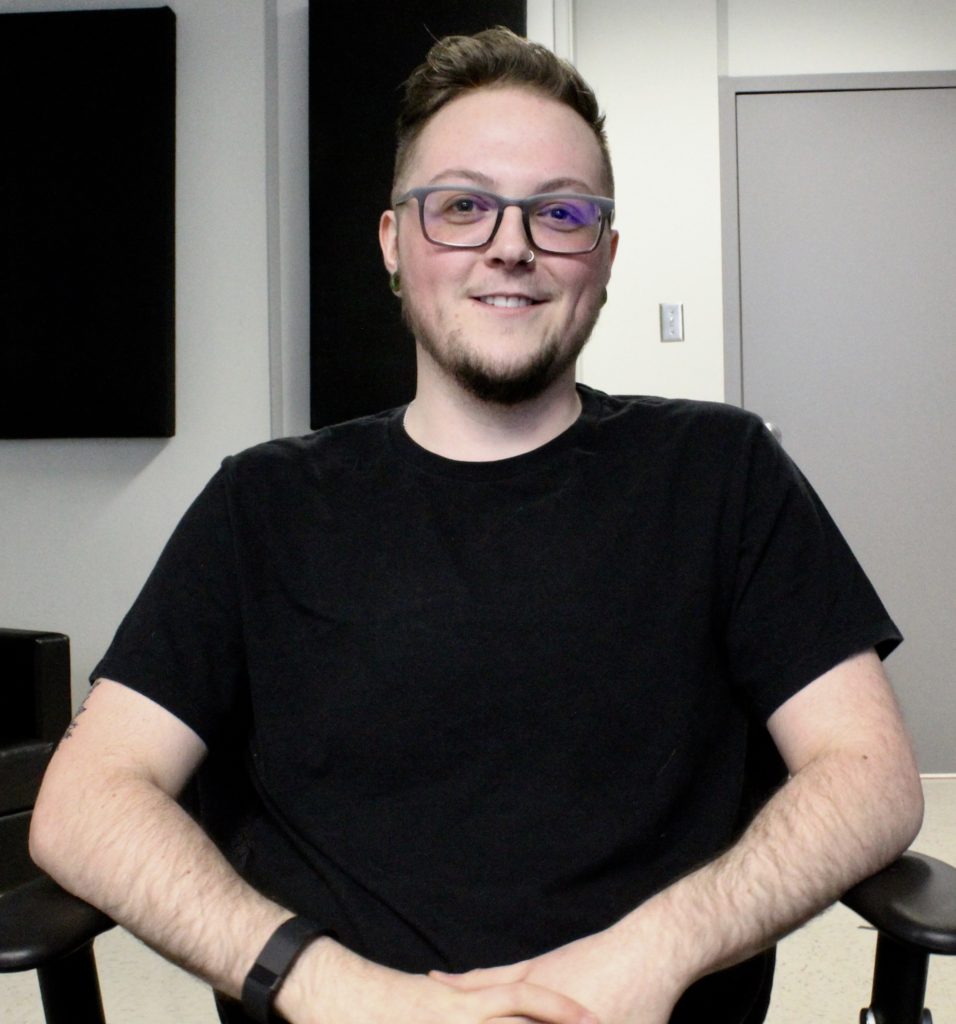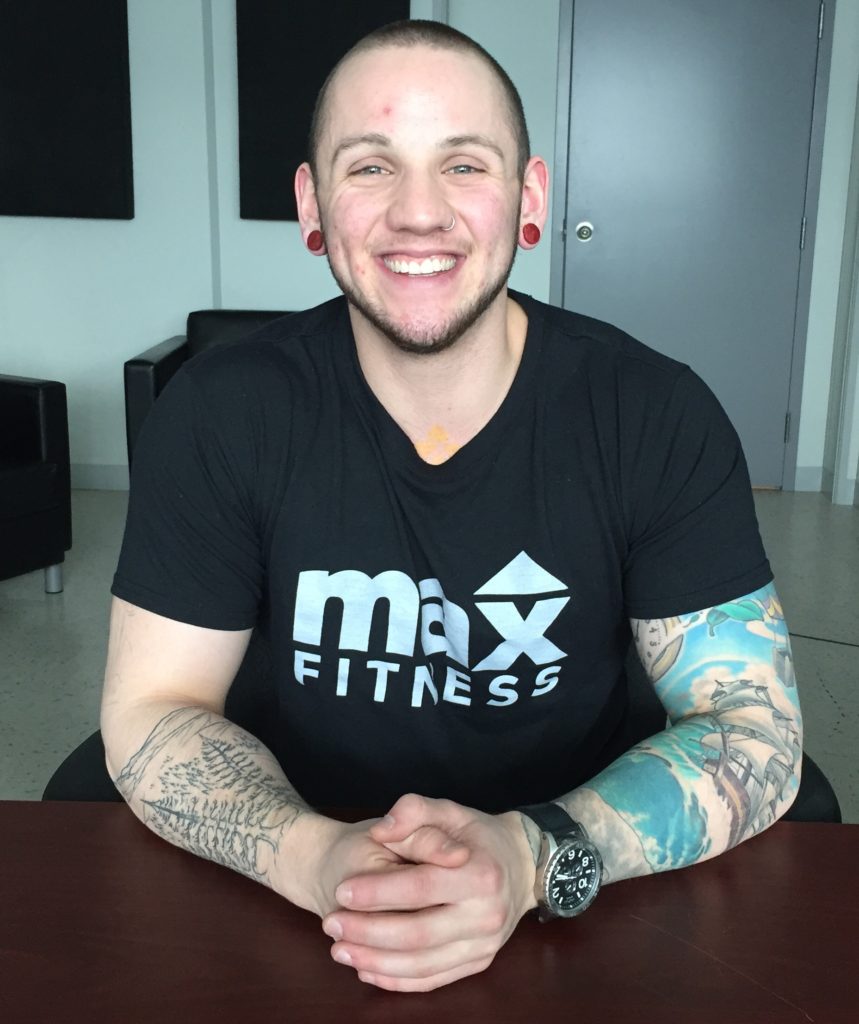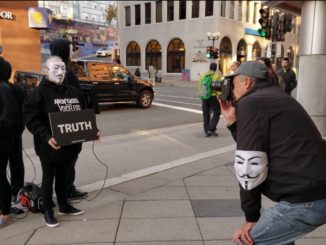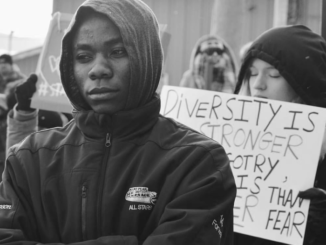Newfoundlanders are stereotyped as being old-fashioned – set in our ways.
Beth Penney
Kicker
Dane Woodland and Landon Churchill are both 25 years old and transgender. They have both witnessed Newfoundland’s gradual acceptance of the LGBTQ+ community first hand.
“I didn’t have the language to describe how I felt,” said Woodland. “The only thing I knew at that time was gay, lesbian, bisexual and that was it. There was no discussion of anybody being gender diverse in any way.”
This was a common issue amongst youth in the province just a decade ago.

“As a fellow Newfoundlander, I can say it, everybody here is stubborn,” said Churchill. “People will be nice to you, and some people won’t be nice to you. That’s regardless if you’re trans, if you’re gay, if you’re black or white. No matter who you are, or where you are, you’re always going to meet people who don’t like you.”
Transgender awareness and community has grown immensely in the province in the past number of years. Just two years ago, the Newfoundland and Labrador government changed the Vital Statistics Act to allow transgender people to change the gender marker on their birth certificate and government identification to match their gender identity. This was a relief to many individuals, including Dane Woodland.
“I was waiting to get my (top) surgery at that time,” said Woodland. “It was funny because I was going to have to travel with female identification with facial hair, they’re obviously going to think some things up. I was really worried about getting hassled at the airport, so it came at a really good time for me.”
Prior to the new legislation, it was necessary to have reassignment surgery in order to change the gender marker on any piece of identification. This was problematic for many individuals, as every person’s transition is unique.
“I’m not going to say you’re not trans unless you take hormones, because there are varying levels of what people want to do to their bodies,” said Churchill. “But to me, yes, that’s what I want to do.”
Being satisfied with your personal level of transition is what Woodland says is most important.

“Just over a year ago that I had top surgery to get my breasts removed. That was a big life changer for me,” said Woodland. “I work in a gym full of mirrors, and honestly seeing myself all the time was difficult.”
Churchill explains that not having to tell his co-workers at his new job that he was transgender was a big self-accomplishment. The hormones worked so quickly that they had no suspicions.
“When I look in the mirror after two years, it’s hard for me to erase the past 23 years,” said Churchill. “But we see ourselves differently, you can’t really let your own worries get the best of you.”
Churchill and Woodland agree that if there’s one thing the LGBTQ+ community needs to work on, it is finding a safe place for youth.
“Now I find that youth are aware but there’s not really a community for them,” said Woodland. “The only place where people come together, besides pride (day), is the gay bar, Velvet.”
Churchill worries the Internet is where most youth will turn for information.
“A community centre for youth comes to mind first, but inviting only LGBTQ+ is just creating segregation,” said Churchill. “It is important to have safe space, but we should be working more on conglomeration, getting people together, rather than segregating them.”



